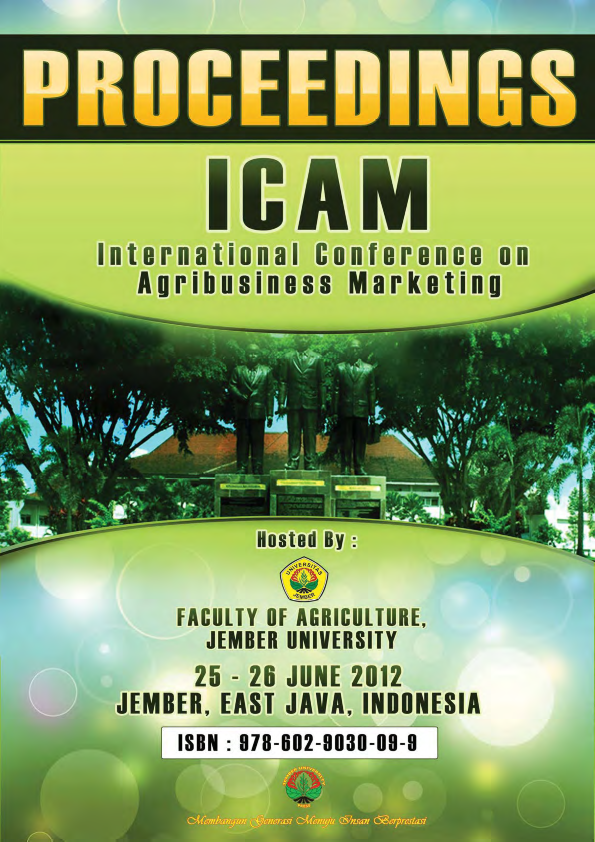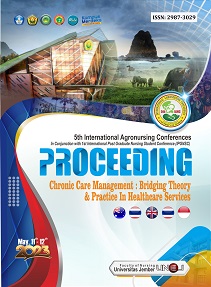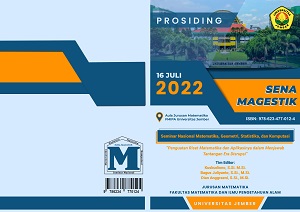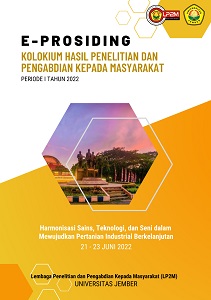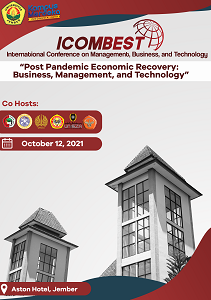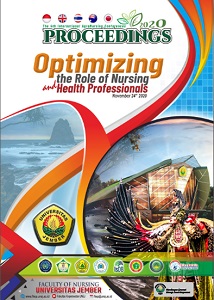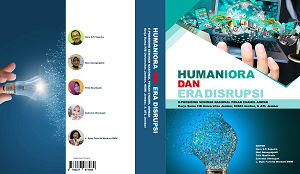POTENCY OF FOOD PRODUCTION BASED ON INTEGRATED FARMING TO SUPPORT FOOD SUFFICIENCY
Abstract
Food production is important to support food sufficiency. Meanwhile integrated
farming is a farming system purposed to optimize production factors in increasing yield
and also to eliminate agricultural waste, ideally it becomes zero waste. The research
purpose was to measure food production from farm management which applied integrated
farming. This research result is used to predict food sufficiency in the region level. The
research was done at Batu and Malang Regency, East Java. The research subjects are
farmers who applied integrated farming, namely applying cultivation of crops and
livestock in one management and they use the waste from livestock as input of farming,
vice versa. Primary data was taken by structured and indepth interview. The research
showed that integrated farming can produce high yield of vegetable and dairy cattle.
Meanwhile their usage of each farm waste can reduce (save) the farm cost. The success of
integrated farming to increase yield at farm level can be used to predict food sufficiency at
the region level. If the implementation is getting wider at the region, they also can increase
their food production. By using simulation, data of food production at farm level can be
used as prediction of food production map at region level.

